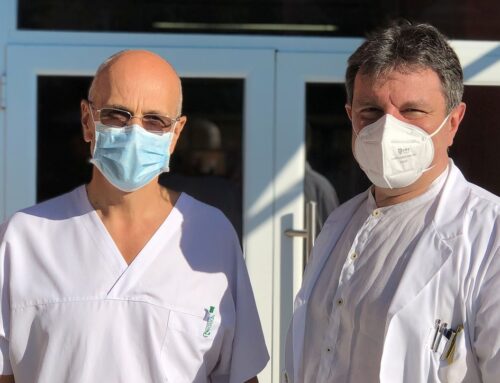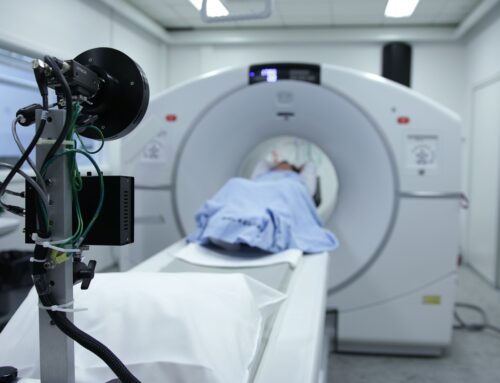When many consider medical malpractice, they think of the doctor doing something wrong during a surgery. But medical malpractice can also occur if a physician’s failure to diagnose a problem correctly leads to additional injuries, trauma, or even death. Misdiagnosis on its own does not automatically result in a medical malpractice case. Any competent doctor can make a diagnostic error. In order for there to be a basis for a medical malpractice lawsuit, the misdiagnosis has to be result in improper or delayed medical treatments which make the patient’s condition worse.
If you have been the victim of pain and suffering because a physician completely missed a diagnosis, was treating you for the wrong illness or failed to recognize complications – you may have a valid case.
In order for a patient to bring a successful medical malpractice case based on misdiagnosis, the individual must prove that there was a relationship between them and the physician. The patient must further prove that the physician failed to perform their diagnosis with a reasonably expected standard of care. If the doctor’s misdiagnosis is shown to have caused actual or additional injury to the patient, medical malpractice may apply.
Causation can be difficult to prove. The plaintiff must show that the misdiagnosis caused harm or injury which would not have happened had the diagnosis been accurate.
Important to Know: These cases most often involve disputes regarding the applicable standard of care – and if the doctor’s treatment met the standard. Establishing the appropriate standard of care typically necessitates an expert witness.
Role of the Expert Witness
When working to diagnose a patient, a physician works from a list of possible diagnoses, ranked in order of probability. Each is tested by asking questions, making observations and ordering tests. A patient claiming medical misdiagnosis must prove that any doctor in a similar specialty would not have made the same mistake.
The plaintiff will have to show the jury that:
- The physician did not include the correct diagnosis on the list
- A competent doctor would have not omitted that diagnosis.
- Alternatively, the plaintiff may need to prove that the doctor listed the correct diagnosis but did not perform or interpret the tests correctly.
- The expert witness is instrumental in proving any of the above scenarios based on his or her expertise.
Can Anyone Else Be Held Liable?
Flawed test results can occur because of inaccurate equipment or human error. The technician may administer the test incorrectly which skews the results, or a scan can be misinterpreted. If anyone else on the hospital or medical staff is found to have made a mistake which informed the physician’s diagnosis, the hospital may be held liable.
EMS or first responders are generally considered exempt from medical malpractice lawsuits. Their job requires that they make split second decisions without the benefit of in-depth tests or diagnostics, and therefore making a misdiagnosis is understandable given the conditions. Emergency room physicians are also typically protected, given the fast-moving and chaotic environment in which they work.
If you or a loved one were misdiagnosed and you believe it led to unnecessary illness, injury or death, you have the right to investigate the situation. Call Probinsky & Cole today to discuss the merits of your case. We are here to help.








